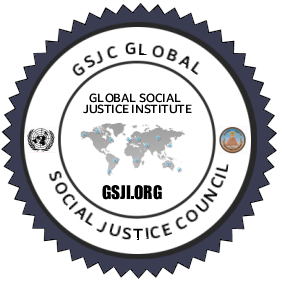|
Liberia, Madagascar, Malawi, Mongolia, Occupied Palestinian Territory, includ- ing East Jerusalem, Sierra Leone,
South Africa, Southern African region, Togo and Uganda. While most of these field presences are directly
administered by OHCHR, in some countries they are part of United Nations peace-keeping missions. In such cases,
they are administered by DPKO or DPA and OHCHR provides ongoing substantive guidance and support on human rights
issues.
Human rights field presences have been established in response to a wide variety of human rights concerns, with
mandates focused on each particular situation.
Some field presences have focused on technical co-operation activities, pro- viding Governments with assistance in
developing their national capacity to protect human rights. These human rights offices typically provide:
assistance to national judicial systems; help in the development and reform of national legislation in accordance
with a country’s international human rights obliga- tions; and human rights education and training for national
officials, NGOs, and students.
Other human rights field offices or operations have been established in response to human rights violations in the
context of armed conflict. Since human rights violations are frequently at the root of conflict and humanitar- ian
crisis, the United Nations human rights programme recognizes that a criti- cal step in preventing and bringing an
end to conflicts is to ensure the respect of human rights.
The mandates and activities of field presences in conflict situations require human rights officers to conduct
monitoring and investigations of a range of violations of international human rights law. Regular reports are
prepared on the human rights situation in these countries, and these are used by the United Nations in efforts to
put an end to impunity, and to protect human rights in the future. Monitoring activities are frequently accompanied
by human rights promotion and training programmes intended to begin constructing a human rights base which will
contribute to the end of armed conflict and the estab- lishment of lasting peace.
Further, the High Commissioner has emphasized the need to promote respect for human rights in the context of
peacekeeping, peacemaking and post-conflict peace building.
While OHCHR’s presence in the field was once perceived as exceptional, it is today a regular and substantial
component of the Office’s work.
For OHCHR field office contact details, see Annex III. For further information visit the OHCHR web- site at:
http://www.unhchr.ch/
| 
